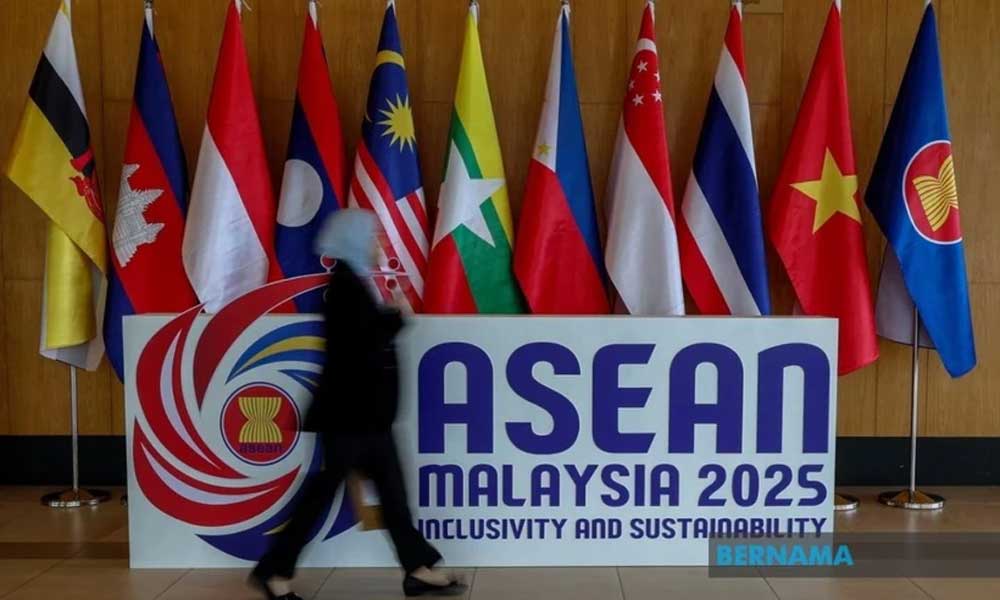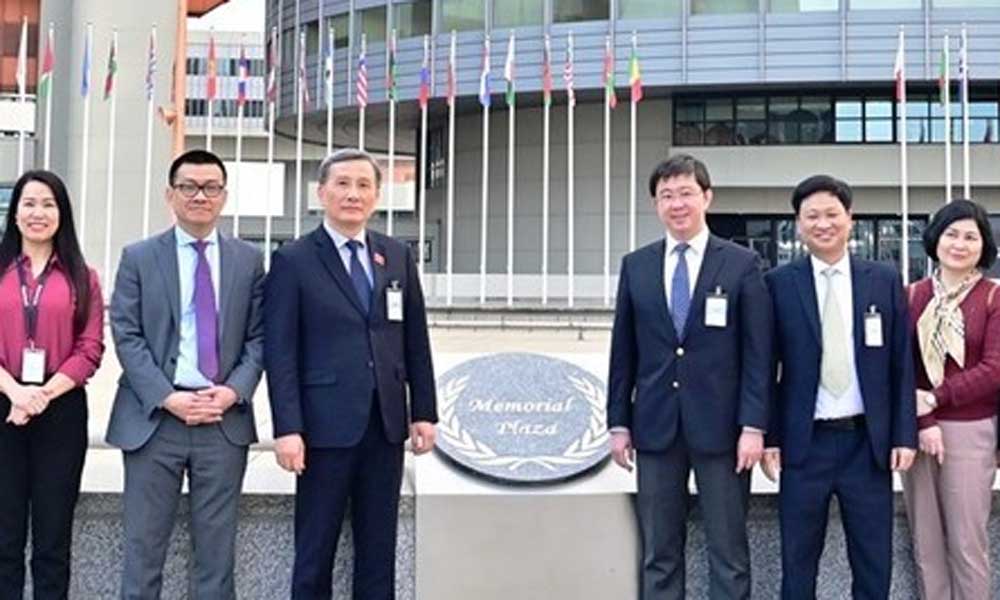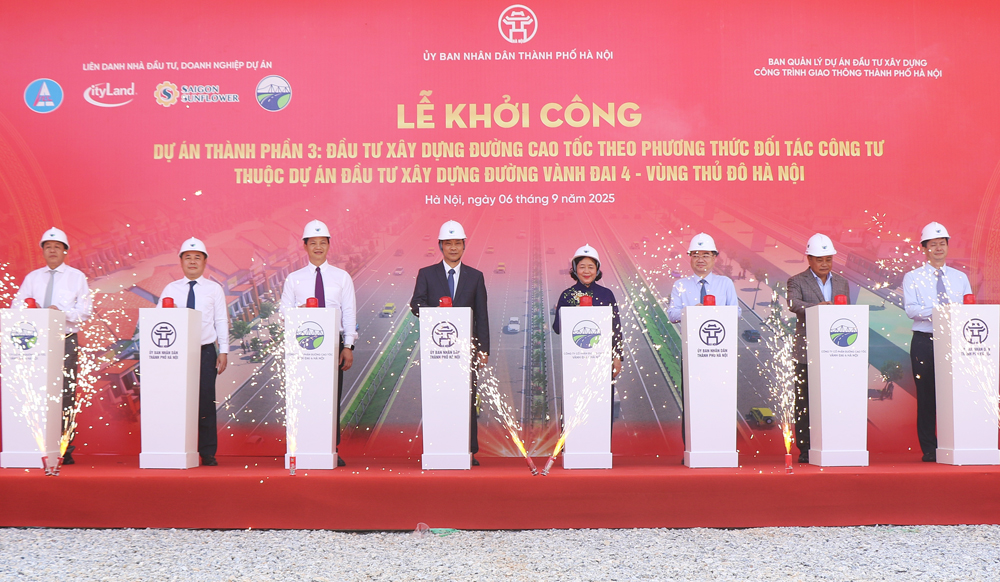Khanh Hoa: Nuclear power project - A new growth driver
For the Party Committee, authorities and people of Khanh Hoa, this is both a responsibility and a source of pride, promising to accelerate local and national development in a new era.
The south-central province of Khanh Hoa is focused on developing nuclear energy, a green and sustainable baseload power source that is increasingly being adopted worldwide, and Vietnam is no exception.
 |
|
A view of the Ninh Thuan 2 nuclear power project site. |
At its 8th session, the 15th National Assembly approved Resolution No. 174/2024/QH15 to resume the Ninh Thuan Nuclear Power Project - Vietnam’s first large-scale nuclear initiative.
For the Party Committee, authorities and people of Khanh Hoa, this is both a responsibility and a source of pride, promising to accelerate local and national development in a new era.
The Ninh Thuan Nuclear Power Project is a national priority aimed at diversifying energy supply, ensuring energy security and supporting the green transition towards Vietnam’s net-zero target by 2050, in line with COP26 commitments.
Nuclear power is expected to stimulate socio-economic growth and enhance scientific and technological capacity, consistent with the National Power Development Plan for the 2021–2030 period, with a vision to 2050.
Vinh Hai and Phuoc Dinh communes in Khanh Hoa will host the two plants, each with a capacity of 4,000 MW. Ninh Thuan 1 will cover 883.68 hectares (443.11 hectares on land, 440.57 at sea) while Ninh Thuan 2 will span 758.54 hectares (380.91 on land, 377.63 at sea).
Tran Quoc Nam, Chairman of the Khanh Hoa People’s Committee, said the province fully supports the Government’s decision and will treat the project as a solemn duty.
Local residents have showed their strong approval, hoping the projects will be implemented in a synchronised manner with a clear roadmap, and expecting the projects will bring about significant transformation and robust development in the new period.
Authorities have set up steering committees, conducted land surveys and consulted affected residents. Compensation and resettlement will follow special policies approved by the National Assembly, with rates at 1.5 times those in the 2024 Land Law.
Nguyen Van Thang, a resident of Vinh Truong hamlet in Phuoc Dinh commune, mentioned that when the National Assembly decided to halt the nuclear power project investment policy in 2016, the local people agreed, even though they faced many difficulties afterward. Now that the project has been restarted, everyone is happy and in agreement.
Vo Van Bay from Thai An hamlet, Vinh Hai commune, raised concerns about resettlement and expressed his hope that the new place will be better than the old one, ensuring their living conditions.
Khanh Hoa has pledged to complete site clearance, resettlement and social security measures in 2025, while simplifying administrative procedures for investors and contractors to ensure rapid progress.
Despite the efforts of local authorities, obstacles remain. Safety zoning criteria are still under consideration, funding for clearance and resettlement is not yet fully secured, and administrative unit reorganisation has also posed certain impacts on the project.
At Ninh Thuan 2, clearance has not resumed, while at Ninh Thuan 1, land use has shifted significantly after 16 years, complicating surveys and property verification.
Local departments have requested guidance from the higher level on applying compensation frameworks and updating resettlement plans.
 Bắc Ninh
Bắc Ninh











Reader's comments (0)